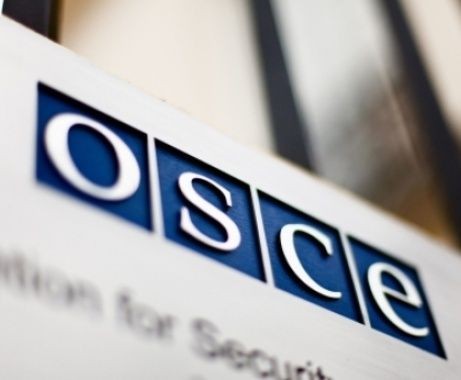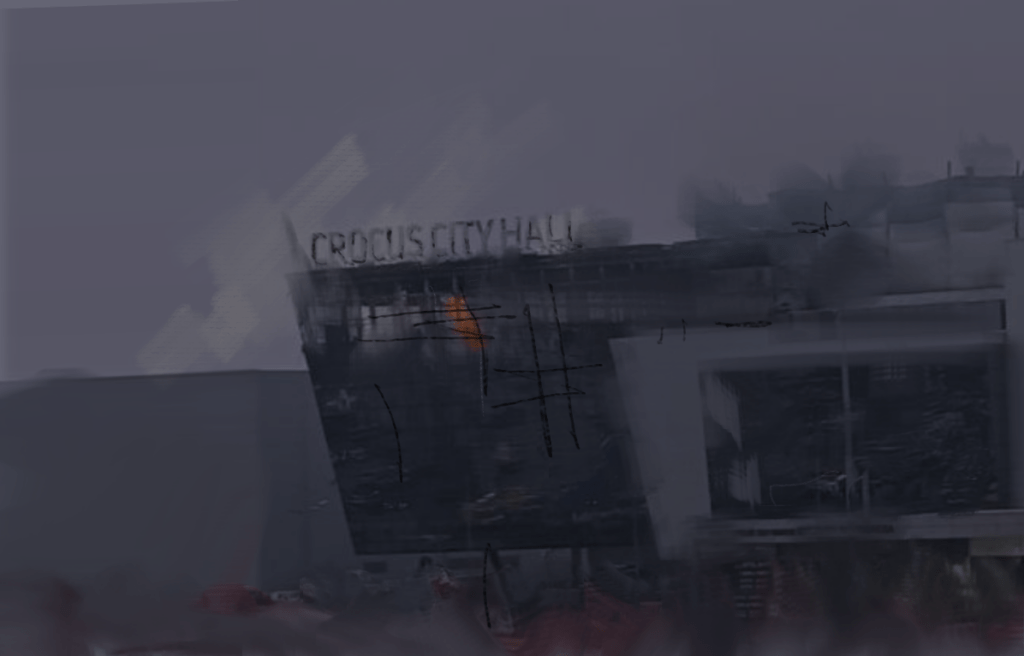BISHKEK (TCA) — A three-day national table-top exercise (TTX) on preventing and countering the use of the Internet for terrorist purposes, for some 30 Kyrgyz representatives from diverse backgrounds and perspectives, including representatives of government, law enforcement, civil society, media, academia and the private sector, began on 26 August in Issyk Kul.
The exercise is organized within the framework of the Seventh Expert Meeting on Counterterrorism organized by the OSCE Programme Office in Bishkek, in co-operation with the Action against Terrorism Unit of the OSCE’s Transnational Threats Department.
The TTX is being held in the format of interactive discussions around a fictional scenario developed by the Action against Terrorism Unit that serves as a realistic and strategic-level case study based on real-world events and emerging online terrorism-related threats relevant to Central Asia.
The TTX is facilitated by a number of international experts from the OSCE, ODIHR, UNODC, the UNCTED-led Tech Against Terrorism initiative, the Center for Studying Regional Threats, the Kaspersky Lab, and the Security and Human Empowerment Solutions, who will highlight best practices on addressing contemporary challenges emanating from the use of the Internet by terrorists while respecting privacy and freedoms of expression, association, peaceful assembly, and religion or belief.
“We try to engender a ‘whole-of-government’ and ‘whole-of-society’ approach to discussing challenges, sharing best practices, and developing policy solutions to tackle the challenges posed by terrorists online,” said Alexander Eliseev, Acting Head of the OSCE Programme Office in Bishkek, at the opening of the Expert Meeting. “The OSCE is particularly well placed to provide such a platform for dialogue and exchanges of information, good practices and lessons learnt. We are facilitating meaningful and constructive dialogue focused on a comprehensive approach to security and that is our strength.”
The Table-top exercise will result in the development of Actionable Policy Responses and Recommendations aimed to further increase the efficiency of national efforts to prevent and counter the exploitation of the Internet by terrorists and violent extremists. These recommendations will then be shared with the national authorities to help them in formulating relevant human-rights compliant and gender mainstreamed policies and frameworks for preventing and countering violent extremism and terrorism online, and to integrate these recommendations into broader strategies to prevent and counter violent extremism and terrorism.
This is the third national table-top exercise on countering the use of the Internet for terrorist purposes organized in the OSCE area. The Action against Terrorism Unit plans to conduct similar events in Central Asia and South-Eastern Europe in 2019 and 2020.









